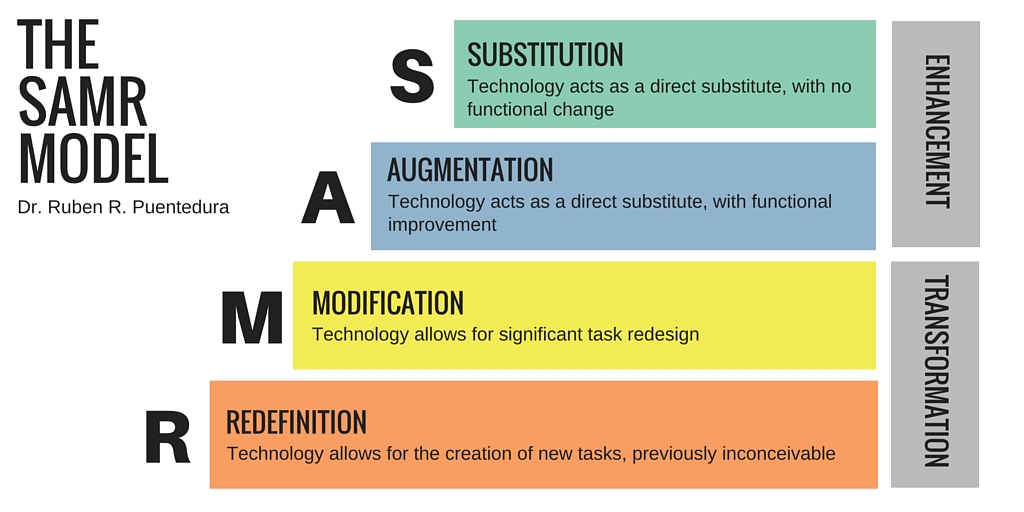During the last 2 learning experiences, it really became clear how important it is for teachers to take initiative and step up to take leadership positions at school. We do not have to do, we do not get paid for the extra work, but I do think we have an obligation to our profession and our students to challenge and inspire each other to constantly change and improve for the better.
If not for this course, I would have never had the confidence or even known where to start to plan things like staff training sessions, long range plans for staff development and parent nights. It gives me the courage to try and implement some of these at my school, because if I do it will not be the first time I have done it, plus I have some really god templates and examples now to use as a starting point.
There are very few chances to get insight into the classrooms of other teachers and we do not get enough opportunities to find out what other teachers are doing with their kids.The discussions connected me to many different teachers who inspired me and gave me a ton of new ideas that I can now implement in my own classroom. The fact that teachers are willing to engage actively in a course like this shows their commitment to students and student learning because it shows that they are dedicated educators who are always searching for new ways to engage their students and improve student success. It also shows that we are willing to share our ideas and so take leadership positions in learning communities.
If not for this course, I would have never had the confidence or even known where to start to plan things like staff training sessions, long range plans for staff development and parent nights. It gives me the courage to try and implement some of these at my school, because if I do it will not be the first time I have done it, plus I have some really god templates and examples now to use as a starting point.
There are very few chances to get insight into the classrooms of other teachers and we do not get enough opportunities to find out what other teachers are doing with their kids.The discussions connected me to many different teachers who inspired me and gave me a ton of new ideas that I can now implement in my own classroom. The fact that teachers are willing to engage actively in a course like this shows their commitment to students and student learning because it shows that they are dedicated educators who are always searching for new ways to engage their students and improve student success. It also shows that we are willing to share our ideas and so take leadership positions in learning communities.



